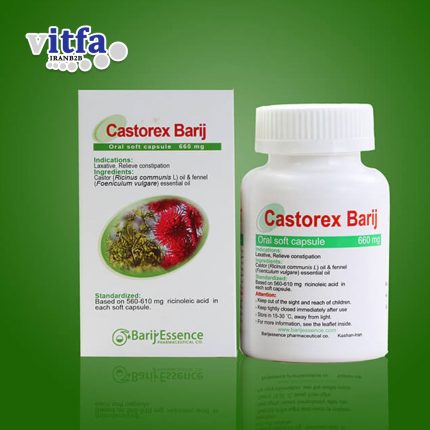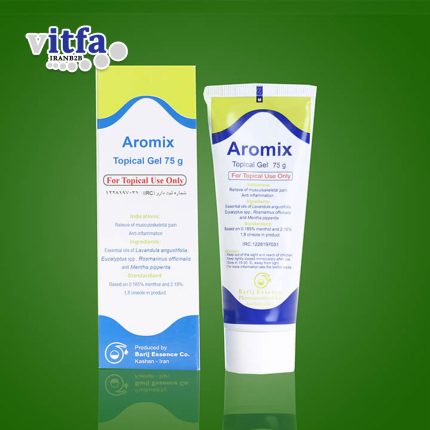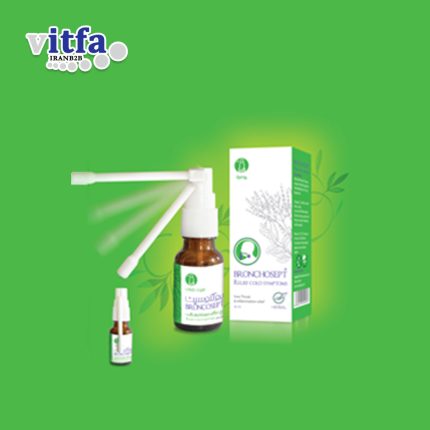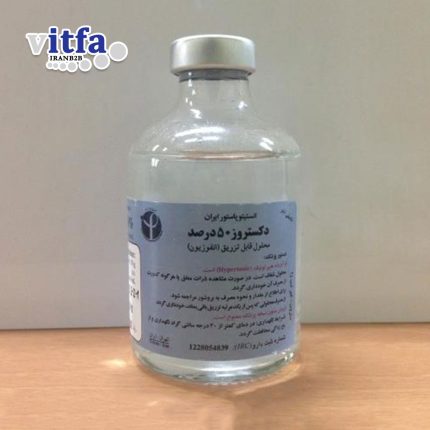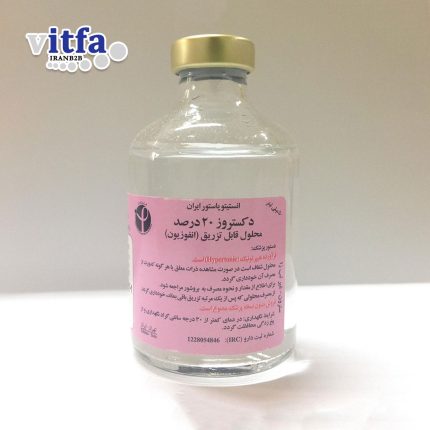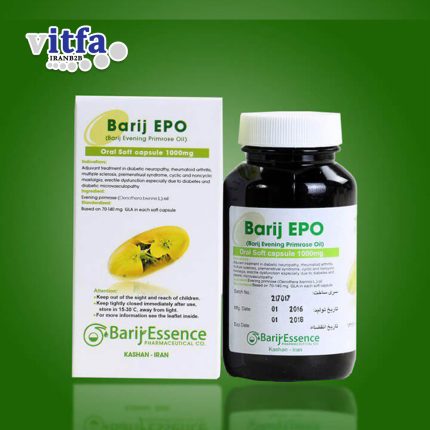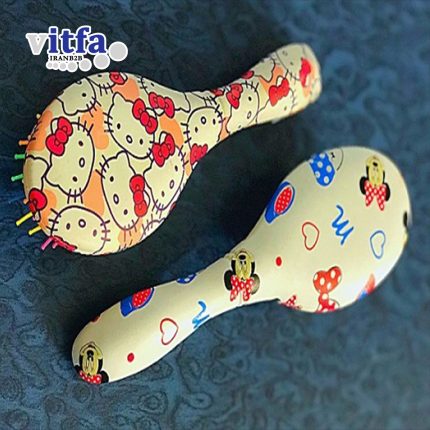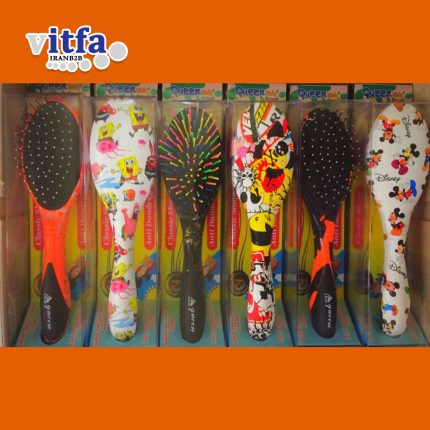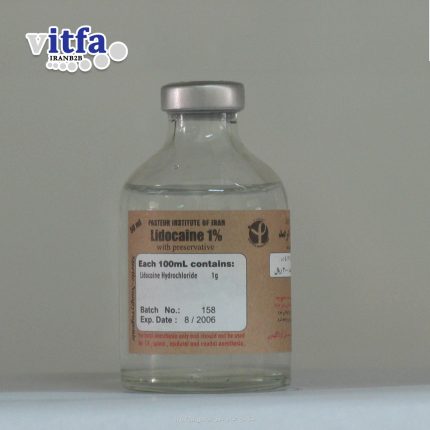M.G Barij Ointment
M.G Barij Ointment
The hemorrhoid is a common condition of the anal and rectal area and is one of the most prevalent causes of hemorrhage in this area. It also can cause pain, discomfort, and debilitation of the patient. Such measurements as alteration of diet and lifestyle in hemorrhoid patients require high levels of compliance from the paten’s side. When such measurements are futile, many physicians opt for non-surgical procedures like sclerotherapy or cryotherapy, which usually require specialized training, equipment and accepting certain levels of risk. Despite the number of such methods, none has an advantage over the others. On the other hand, the use of herbal products for the treatment of hemorrhoid is quite common in many countries. Common myrtle is one of these plants which is antibacterial and antifungal, anti-inflammatory and healing and is effective in wound healing; the distillate of its leaves and flowers is astringent and hemostatic. The monoterpenes and sesquiterpenes present in its essential oil have antibacterial, antifungal and disinfectant properties, and it has been used in folk medicine to treat the symptoms of hemorrhoid. Also, myrtle’s essential oil is decongestant and astringent.
In a study to determine the vasoactive ions in plants which are used systemically or locally to treat hemorrhoid, researchers have come to the conclusion that common myrtle, which is among the plants used to locally treat hemorrhoid, has vasoactive ions, especially vasoconstrictor ions and provide healing effects for hemorrhoid.
In a controlled, double-blind clinical trial, 67 patients with hemorrhoid degree I and II were administered either MG ointment or anti-hemorrhoid ointment for 2 weeks. The results showed that both medications caused a significant decrease in the amount of hemorrhage, pain while defecating, constant pain, itching, heaviness and burning sensation in the anal area and tenesmus, and there was the significant difference in the degree of symptoms before and after the treatment (p<0.01). In the case of reduction of hemorrhage, there was the significant difference between myrtle ointment and anti-hemorrhoid ointment (p=0.052). The researchers came to the conclusion that MG Topical Lotion can be administered as an adjuvant treatment for the management of symptoms of hemorrhoid degree I and II.
| Administration |
Unless otherwise prescribed by the physician, for 2 weeks, apply 1 anal applicator, 2 times per day. |
|---|---|
| Ingredients |
Essential oil of common myrtle (Myrtus communis). |
| Notes |
Contraindications and Cautions There exists no specific contraindication for M.G Ointment. Adverse Effects In case of use more than the recommended doses, local allergic reactions may occur. Drug Interaction No reported drug interaction. Administration during Pregnancy and Lactation No sufficient data exists regarding use of this product during pregnancy and lactation. Diagram for use of applicator piston Further Notes Keep G Ointment, like all other medication, away from sight and reach of children. |
| Standardization |
Based on presence of 6-7.5% 1,8-cineole in the product. |
| Usage |
1. Adjuvant treatment for hemorrhoid degree I and II symptoms, like bleeding, pain, itching, burning and heaviness of anus and tenesmus. 2. Adjuvant treatment for anal fissure. |
| Category |
Gastrointestinal System |


MAECENAS IACULIS
Vestibulum curae torquent diam diam commodo parturient penatibus nunc dui adipiscing convallis bulum parturient suspendisse parturient a.Parturient in parturient scelerisque nibh lectus quam a natoque adipiscing a vestibulum hendrerit et pharetra fames nunc natoque dui.
ADIPISCING CONVALLIS BULUM
- Vestibulum penatibus nunc dui adipiscing convallis bulum parturient suspendisse.
- Abitur parturient praesent lectus quam a natoque adipiscing a vestibulum hendre.
- Diam parturient dictumst parturient scelerisque nibh lectus.
Scelerisque adipiscing bibendum sem vestibulum et in a a a purus lectus faucibus lobortis tincidunt purus lectus nisl class eros.Condimentum a et ullamcorper dictumst mus et tristique elementum nam inceptos hac parturient scelerisque vestibulum amet elit ut volutpat.
General Inquiries
There are no inquiries yet.



